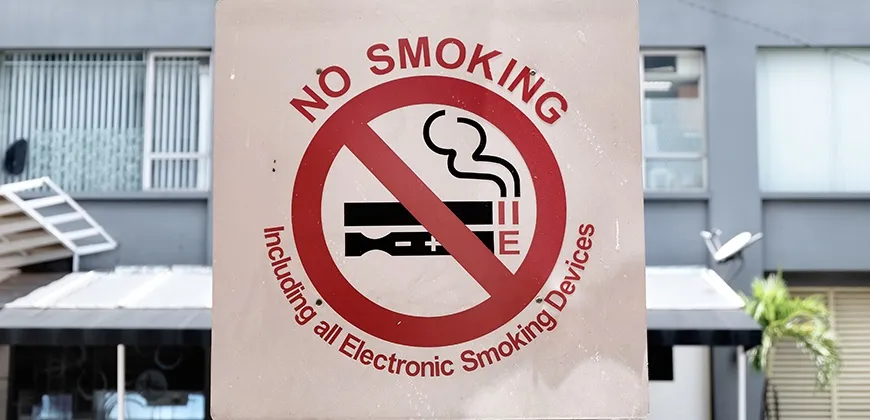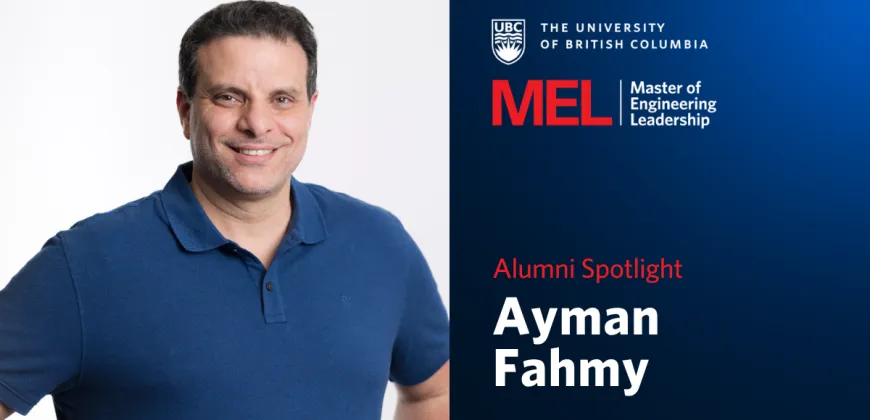Public and private sector employers are seeking leaders who can guide teams to develop, implement and scale-up new approaches to city planning, from climate-resilient infrastructure and better transportation systems to green building standards and smart city assets. The MEL in Urban Systems equips early- and mid-career professionals with the skills and knowledge needed to move into leadership roles, unite stakeholders and make an impact.
The MEL in Urban Systems is one of the best ways to gain the technical knowledge and leadership skills you need to advance in your profession.
This master’s program integrates concepts in civil engineering, urban planning, and architecture. It explores the social context within which city planning city occurs, and covers topics in engineering and design, project delivery and asset management.
You will learn how to:
- Implement systems thinking, sustainability and resilience in infrastructure design and operation
Model and analyze large-scale projects from various perspectives to add in decision-making - Integrate engineering economics into the modelling, valuation and analysis of project
- Catalogue and manage urban infrastructure assets
- Conduct life-cycle cost analysis of assets
You’ll also develop your business skills, learning how to:
- Incorporate principles of sustainability in processes and decisions
- Apply visual analytics for effective analysis and communication
- Successfully manage projects and teams
- Address organizational leadership challenges
- Understand key business functions, including accounting, market analysis, negotiations and contract management, and business case development
- Learn how to support and lead strategic innovations
- Be an effective and persuasive communicator
This interdisciplinary program is taught by leading experts from the Faculty of Applied Science (including those in the School of Engineering and those from the School of Community and Regional Planning), top industry professionals and renowned faculty from UBC Sauder's Robert H. Lee Graduate School.
Courses are grounded in project-based learning, enabling you to apply your knowledge to real-world examples and case studies. For example, students often work directly with a community or industry partner in courses on infrastructure asset management and urban systems engineering.
You’ll also benefit from professional development and career support from our dedicated career strategists. This includes ongoing workshops and professional development opportunities, one-on-one coaching, industry networking events and career fairs exclusive to MEL students.
This comprehensive experience culminates in equipping you with both the credentials and the expertise essential for steering your career toward new horizons.
Prepare for leadership roles where you’ll make bold, impactful decisions with confidence. 71% of our graduates receive promotions, and 78% transition to new career paths. The MEL is not just about gaining knowledge—it’s about transforming into a leader who drives the future of your industry.
Start of program | As of 2024 | |
|---|---|---|
| Asset Management Coordinator | → | Capital Infrastructure Support Project Manager at Coast Mountain Bus Company |
| Assistant Engineering Analyst | → | Senior Business Analyst at Clariti |
| Assistant Planner | → | Planner, Bus Priority Programs for TransLink Policy & Planning Analyst for Comox Valley Regional District Transportation Planner at TransLink |
| Civil Engineer | → | Asset Integration & Capital Project Manager at BC Rapid Transit Company Construction Manager at Quality Builders Project Manager, Capital Assets and Infrastructure at Victoria Park Community Homes Quality Control Inspector at Architectural Precast Products |
| Civil Geotechnical Engineer | → | Management Consultant at Cascadia Strategy Consulting Partners |
| Designer | → | Project Manager at Olegar Design & Management |
| Engineer | → | Asset & Capital Support Project Manager for Coast Mountain Bus Company Asset Management Consultant at AECOM |
| Engineering Consultant | → | Senior Asset Management Advisor for PSD Citywide |
| GIS Specialist | → | Asset Management Consultant at AECOM |
| Independent Contractor | → | Senior Facilities Consultant at Gordian |
| Junior Engineer | → | Lead Field Engineer Dragados |
| Junior Planner | → | Development Manager at Minto Group |
| Planning Assistant | → | Policy & Planning Analyst at Comox Valley Regional District |
| Planner | → | Director of Development at Pinemount Developments Ltd |
| Process Engineer | → | Project Manager at Keltic Development Senior Project Controls Director at Aecon Group Inc |
| Service Planner | → | Program Manager, Low Carbon Fleet Program for Coast Mountain Bus Company |
| Senior Manager, Projects & Facilities | → | Project Manager at Telus |
| Senior Project Manager | → | Director, Real Estate, Community Capital Projects at Vancouver Coastal Health |
| Structural & Sustainable Design Engineer | → | Sustainability Specialist at Dialog |
| Team Leader | → | Energy Sector Leader for Kerr Wood Leidal Associates Ltd |
| Quality Assurance Technician | → | Project & Utility Management Engineer at Kerr Wood Leidal |
| Quantity Surveyor | → | Senior Managing Director at Development Authorities Support Centre (DASC) |
Student Impact
Discover the transformative effects of the Urban System program on our students. Explore their personal stories, growth, and the skills they've gained through hands-on experiences. See how this program has shaped their educational journey and prepared them for successful careers in their field.










